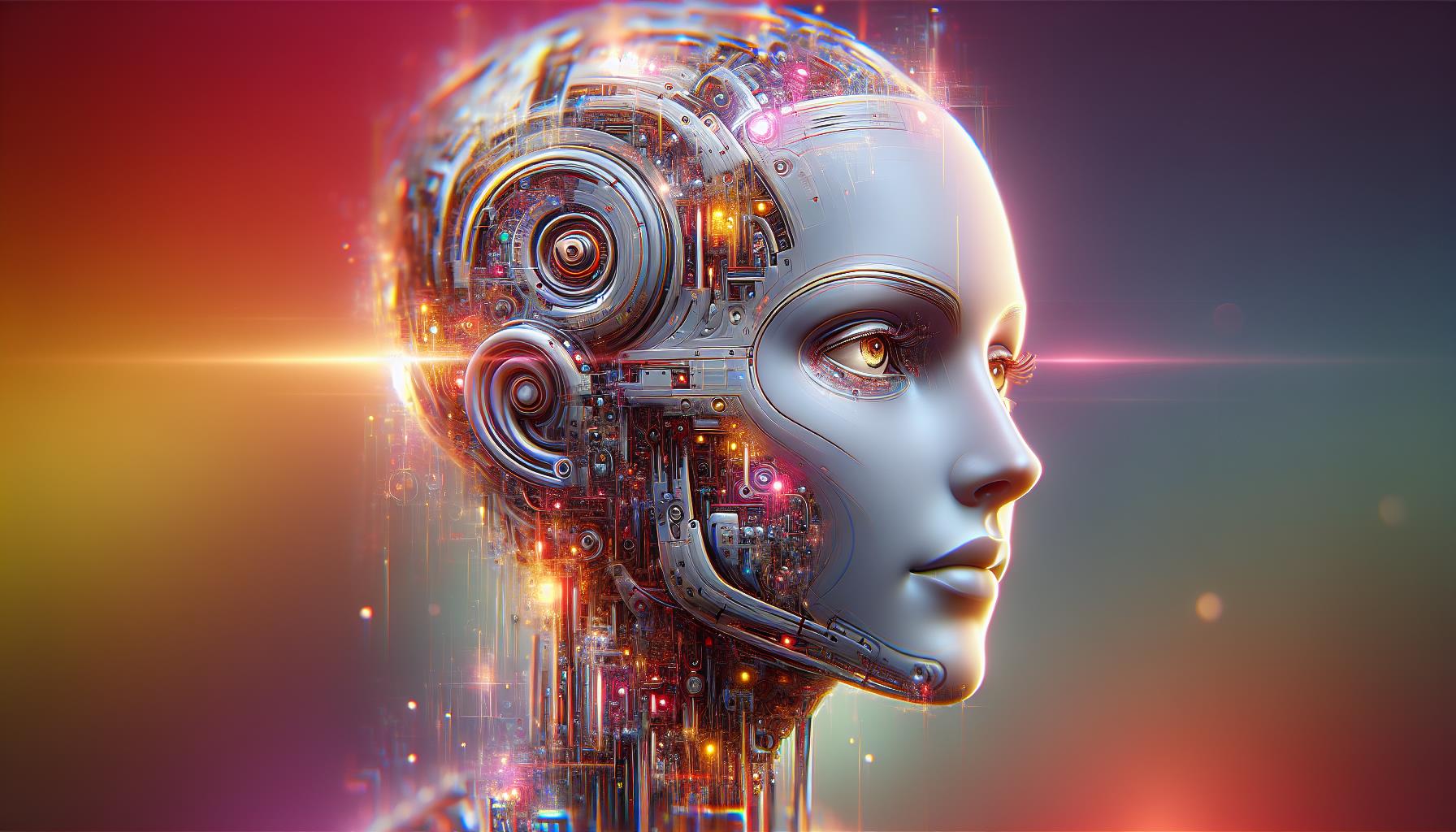The Wall Street Journal (WSJ) has unveiled a dedicated section on its platform, focusing exclusively on the rapidly evolving field of artificial intelligence (AI). This section aims to provide readers with an in-depth look at the technology, tools, and companies that are at the forefront of AI development. From emerging startups to established tech giants, the coverage spans a broad spectrum of AI applications and innovations, highlighting breakthroughs in machine learning, natural language processing, and robotics.
AI is no longer just a buzzword but represents a fundamental shift in technological capabilities that is reshaping industries and society. The WSJ’s AI section endeavors to capture this transformation, offering insights into how AI technologies are being integrated into various sectors and the implications of their adoption.
Technological Breakthroughs and Innovations
One of the core focuses of the WSJ’s AI section is on the technological advancements that are driving the AI revolution. This includes cutting-edge research in machine learning algorithms that enable computers to learn from data and improve over time, natural language processing that allows machines to understand and generate human language, and robotics technologies that are creating more autonomous and efficient systems.
These innovations are not only pushing the boundaries of what machines can do but are also creating new opportunities and challenges for businesses and consumers alike. The section provides a platform for exploring these developments, showcasing the potential of AI to transform industries such as healthcare, finance, transportation, and more.
Ethical, Economic, and Social Implications
As AI technology becomes increasingly embedded in our daily lives, it is essential to consider the broader implications of its adoption. The WSJ’s AI section delves into the ethical dilemmas posed by AI, such as privacy concerns, bias in AI algorithms, and the impact of automation on employment. These discussions are crucial for understanding the trade-offs and responsibilities associated with deploying AI technologies.
Beyond ethical considerations, the section also explores the economic and social impacts of AI. This includes examining how AI is contributing to economic growth and productivity, as well as its potential to exacerbate or mitigate social inequalities. By providing a nuanced analysis of these issues, the WSJ aims to foster a more informed public discourse on the future of AI.
AI in Daily Life and Consumer Impact
The integration of AI into consumer products and services is transforming how we live, work, and interact. The WSJ’s AI section highlights examples of AI applications in everyday life, from smart home devices and personalized entertainment recommendations to digital assistants and autonomous vehicles. These stories illustrate the tangible benefits of AI, as well as the challenges in ensuring these technologies are accessible, reliable, and beneficial for all users.
In addition to consumer applications, the section also covers the ways businesses are leveraging AI to enhance their operations and customer experiences. This includes AI-driven analytics, automated customer service solutions, and AI-powered product innovations. By showcasing these applications, the WSJ provides insights into how companies are navigating the opportunities and challenges presented by AI.
Looking Ahead: The Future of AI
The future of AI is a topic of intense speculation and debate. The WSJ’s AI section engages with this debate by featuring expert opinions, research findings, and industry forecasts. This forward-looking perspective helps readers understand the potential trajectories of AI development and the factors that will shape its impact on society in the coming years.
Moreover, the section emphasizes the importance of continued research, investment, and collaboration in the AI field to harness its benefits while mitigating its risks. By highlighting both the promises and pitfalls of AI, the WSJ encourages a balanced and informed approach to the future of this transformative technology.
The Wall Street Journal’s dedicated AI section serves as a comprehensive resource for anyone looking to understand the complexities and nuances of artificial intelligence. Through its in-depth coverage of technological breakthroughs, ethical considerations, and real-world applications, the section offers valuable insights into the forces shaping the future of AI. As the technology continues to evolve, the WSJ’s AI section will undoubtedly remain an essential guide for navigating the ever-changing landscape of artificial intelligence.
